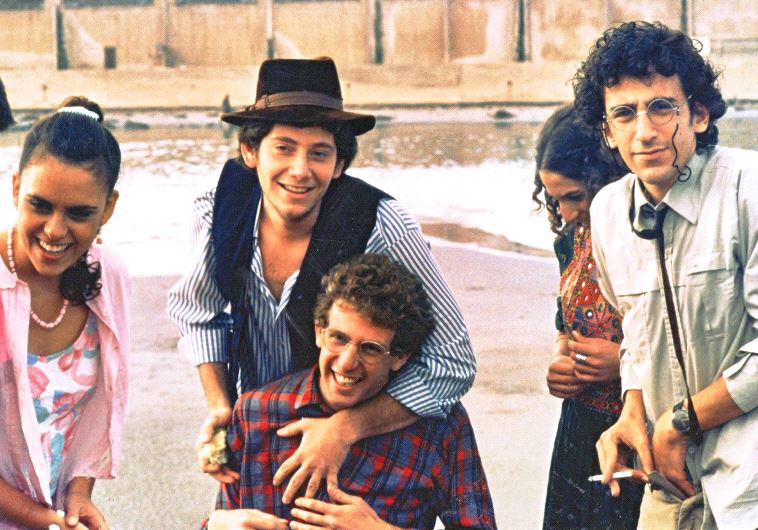Restored ‘Late Summer Blues’ wins new generation of fans
Director Renen Schorr speaks about how his classic 1986 debut feature film has withstood the test of time.
 A SCENE from the 1986 Israeli classic ‘Late Summer Blues.’(photo credit: YOSSI ZWECKER)Updated:
A SCENE from the 1986 Israeli classic ‘Late Summer Blues.’(photo credit: YOSSI ZWECKER)Updated: